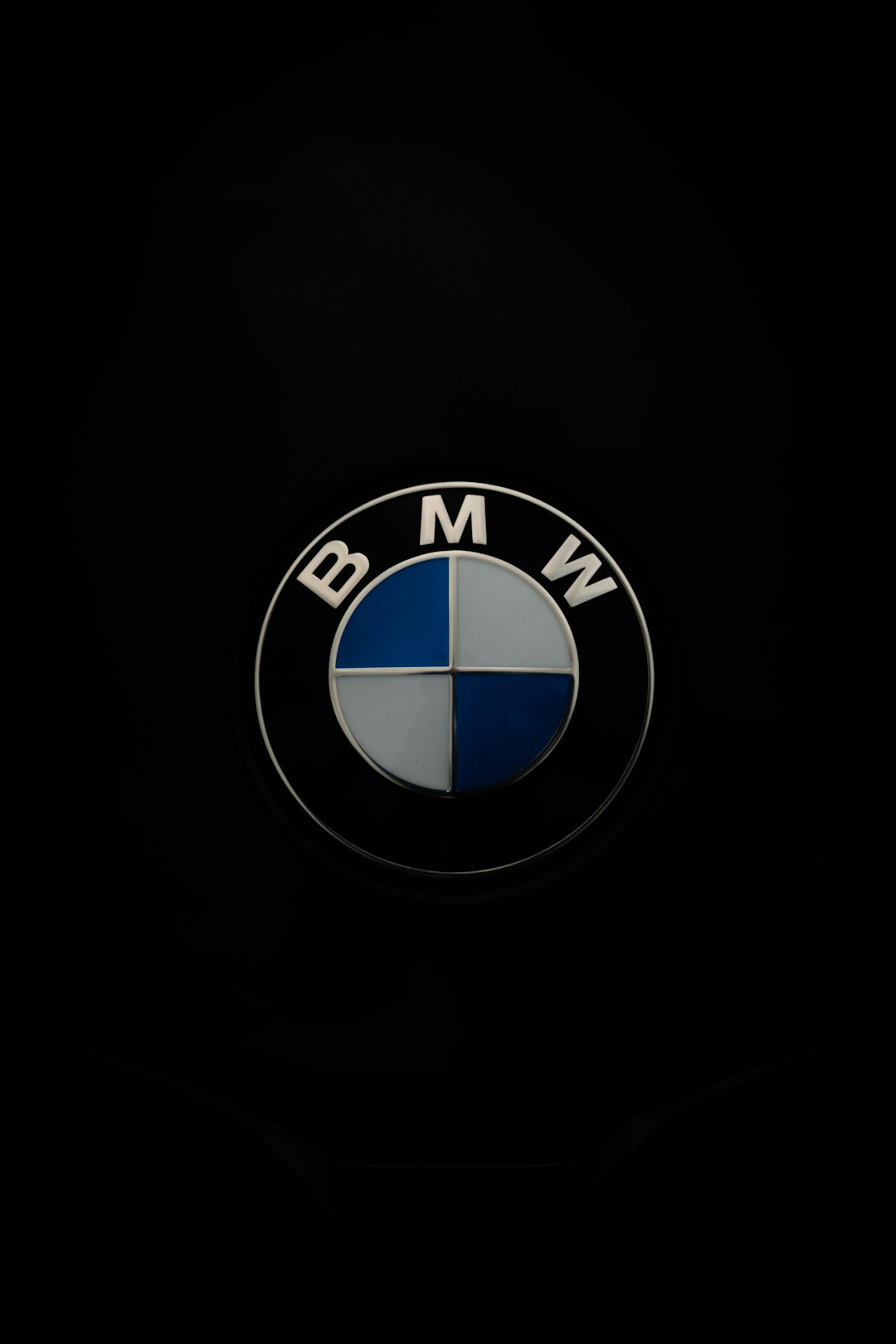What is the Fuel Economy of the BMW X5?
The BMW X5 is a luxury SUV known for its performance, style, and advanced features. But how does it fare in terms of fuel economy? In this article, we will explore the key factors that impact the fuel economy of the BMW X5, including its MPG rating, fuel efficiency, and available hybrid, diesel, and electric options.
The Importance of Fuel Economy
Fuel economy plays a crucial role in the overall cost of owning a vehicle. It not only affects your budget but also has an environmental impact. Opting for a car with good fuel economy can save you money on gas expenses and contribute to reducing carbon emissions.
The BMW X5
The BMW X5 is a luxury SUV that combines style, performance, and functionality. It is known for its refined interior, powerful engine options, and advanced technology features. The X5 offers ample space for passengers and cargo, making it an ideal choice for both daily commuting and long trips.
MPG Rating
The MPG (miles per gallon) rating is a widely-used metric to measure a vehicle's fuel efficiency. It represents the number of miles a car can travel on a gallon of fuel. The BMW X5 offers various engine options, each with a different MPG rating.
- The X5 sDrive40i and X5 xDrive40i models come equipped with a 3.0-liter six-cylinder engine and have an EPA-estimated MPG of 21 city / 26 highway.
- The X5 xDrive45e is a plug-in hybrid variant that combines an electric motor with a 3.0-liter six-cylinder engine. It offers an EPA-estimated all-electric range of 30 miles and a combined MPG rating of 50 MPGe (miles per gallon equivalent).
- For those looking for diesel power, the X5 xDrive40d and X5 M50d models feature a 3.0-liter six-cylinder diesel engine and have an impressive MPG rating of 41 highway.
Fuel Efficiency Tips
To maximize fuel efficiency while driving the BMW X5, consider the following tips:
- Drive smoothly and avoid sudden acceleration or braking.
- Maintain proper tire pressure to reduce rolling resistance.
- Remove unnecessary weight from the vehicle to decrease fuel consumption.
- Plan your trips efficiently to minimize idle time and avoid congestion.
- Utilize cruise control on highways to maintain a consistent speed.
Hybrid, Diesel, and Electric Options
BMW offers hybrid, diesel, and electric options for the X5, providing additional fuel efficiency and environmental benefits.
The X5 xDrive45e is a plug-in hybrid variant that allows you to drive in all-electric mode for short distances, reducing fuel consumption and emissions. It can be charged using a standard household outlet or public charging stations.
The diesel-powered X5 xDrive40d and X5 M50d models combine high torque output with impressive fuel efficiency. Diesel engines typically provide better fuel economy and longer driving ranges, making them suitable for long trips.
Conclusion
The fuel economy of the BMW X5 depends on various factors, including the specific model, engine, and driving habits. The MPG ratings vary across different engine options, with the hybrid and diesel variants offering impressive fuel efficiency. By considering these factors and following fuel-efficient driving techniques, you can optimize the fuel economy of your BMW X5.
If you want to learn more about the BMW X5's fuel economy and explore other specifications and features, we recommend visiting BMW's official website or consulting your local BMW dealership.
